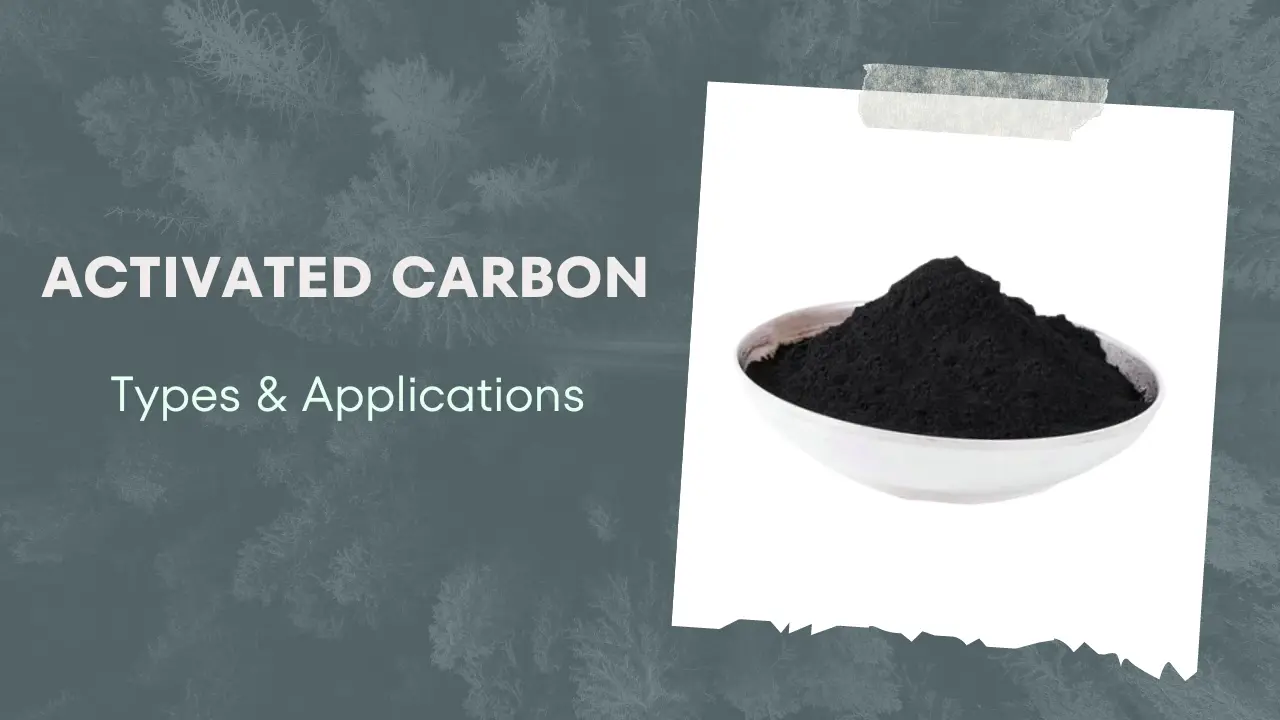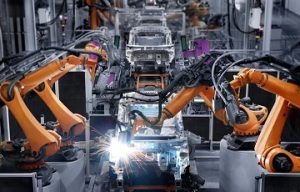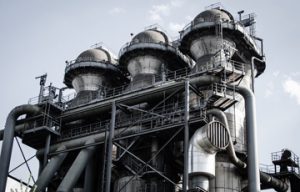Activated carbon is a versatile adsorbent material known for its exceptional surface area and porosity. It is widely used in various industries and applications due to its ability to efficiently absorb a wide range of impurities and contaminants. This article provides an overview of different types of activated carbon, including pellet carbon, and explores their diverse applications. Additionally, we'll also highlight a prominent activated carbon supplier and manufacturer based in India.
Types of Activated Carbon:
Unwashed Activated Carbon
Unwashed activated carbon, also referred to as raw or unwashed carbon, is the initial product created through the activation of carbonaceous source materials, such as coal, wood, or coconut shells. This activation process involves subjecting the material to high temperatures and introducing gases, like steam or air, to generate a network of pores within the carbon structure.
Unwashed activated carbon is characterized by its porous structure, which provides a high surface area, making it an excellent choice for adsorption applications. It is effective at adsorbing a wide range of impurities, including organic compounds, VOCs, and gases, and finds applications in water purification, air filtration, food processing, and more. However, it may contain initial impurities from its source material that can impact its performance.
Acid-Washed Activated Carbon
Acid-washed activated carbon is a specialized form of activated carbon that undergoes an additional purification process known as acid washing. This process is employed to remove impurities and non-carbon elements from the surface of the activated carbon, resulting in a purer product with reduced ash content.
Acid-washed activated carbon is known for its enhanced adsorption capabilities, particularly for heavy metals, organic contaminants, and colorants. It is commonly used in the food and beverage industry for decolorization and purification, as well as in pharmaceutical applications where high purity is essential. Additionally, it is employed in water treatment processes for the removal of specific contaminants like arsenic, lead, and pharmaceutical residues, making it a suitable choice for applications where a higher degree of purity and selectivity is required.
Powdered Activated Carbon (PAC):
Powdered activated carbon is the most common form of activated carbon and is produced by grinding raw carbonaceous materials such as coal, wood, or coconut shells into fine particles. PAC has a large surface area and is typically used in liquid-phase applications like wastewater treatment, drinking water purification, and the removal of color, odor, and organic compounds.
Granular Activated Carbon (GAC):
Granular activated carbon consists of larger granules with more extended contact time and better flow characteristics compared to PAC. GAC is utilized in both liquid and gas-phase applications, such as groundwater remediation, air purification, and gas purification in industrial processes.
Extruded Activated Carbon (EAC):
Extruded activated carbon is manufactured by mixing powdered activated carbon with a binder and extruding it into cylindrical pellets or blocks. This form is ideal for gas-phase applications, such as air and gas purification in industries like petrochemical, pharmaceutical, and food processing.
Pellets Activated Carbon:
Pellets activated carbon is another form of activated carbon produced by agglomerating powdered activated carbon particles into uniform pellets. These pellets offer a higher mechanical strength, reduced dust formation, and better water resistance compared to powdered forms. They are commonly used in gas-phase applications where a low-pressure drop and high adsorption capacity are required. Pellets activated carbon is widely utilized in air purification, automotive emission control, and solvent recovery.
Impregnated Carbon:
Impregnated activated carbon is produced by adding specific chemical substances to enhance its adsorption properties for targeted pollutants. For example, impregnated carbon may be tailored to remove mercury, hydrogen sulfide, or other harmful gases in various industrial processes.
Carbon Cloth:
Carbon cloth is a flexible and durable form of activated carbon. It finds applications in respirators, gas masks, and air filters due to its high adsorption capacity and adaptability to various shapes and sizes.
Applications of Activated Carbon:
Water Treatment:
Activated carbon is widely used in municipal water treatment plants and home water filters to remove contaminants like chlorine, volatile organic compounds (VOCs), pesticides, and industrial pollutants, ensuring safe and clean drinking water.
Air Purification:
In industries and households, activated carbon is utilized in air purifiers and HVAC systems to eliminate odors, smoke, volatile organic compounds, and harmful gases, improving indoor air quality.
Environmental Remediation:
Activated carbon is employed for soil and groundwater remediation to remove organic contaminants and pollutants from industrial spills and hazardous waste sites.
Food and Beverage Industry:
In the food and beverage industry, activated carbon is used for decolorization, deodorization, and removal of impurities from edible oils, beverages, and food additives.
Pharmaceutical Applications:
Activated carbon is used in pharmaceutical processes for purification, decolorization, and removal of impurities from various medicinal products.
Activated Carbon Supplier and Manufacturer in India:
Jay Maa Bhavani Chemicals is a leading activated carbon supplier and manufacturer based in India. With state-of-the-art production facilities and a commitment to quality, Jay Maa Bhavani Chemicals offers a wide range of activated carbon products, including pellets activated carbon, to cater to diverse industrial needs. Their products are tested for efficiency and adhere to international quality standards.
Conclusion:
Activated carbon plays a crucial role in various industries, offering a sustainable and effective solution for the removal of contaminants. By understanding the different types of activated carbon and their applications, industries can make informed choices to optimize their processes and contribute to a cleaner and healthier environment. Choosing a reputable activated carbon supplier like Jay Maa Bhavani Chemicals ensures reliable access to high-quality products, including pellets activated carbon, for numerous industrial applications.













